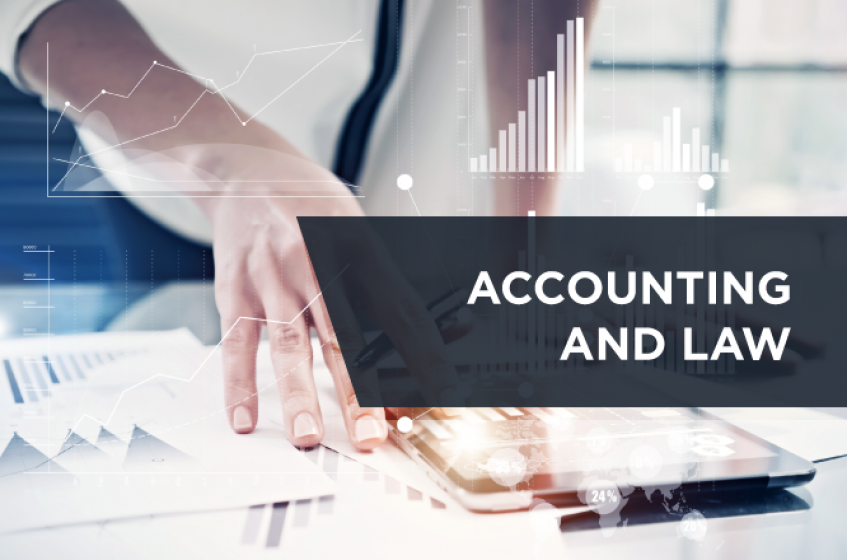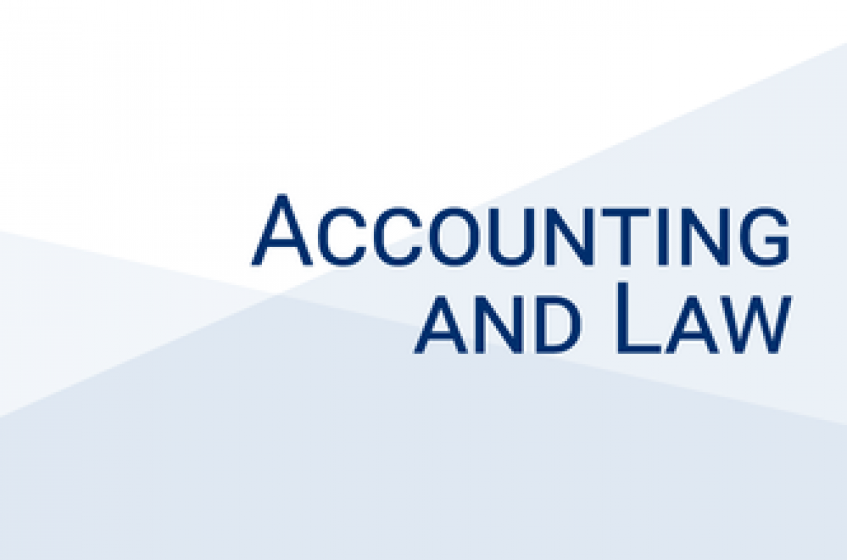Do Differences in Engagement Partners’ and Audit Committee Members’ Political Ideologies Influence Effective Oversight of the Financial Reporting Process?
Dr. Tim Seidel
Associate Professor and Glen D. Ardis Fellow
School of Accountancy, BYU Marriott School of Business
Brigham Young University
Audit committees play a key role in overseeing firms’ financial reporting process, of which the external audit is a vital element. Given the perceived importance of the relationship between the audit committee and the external auditor (i.e., the engagement partner) in the oversight of the financial reporting process, we examine whether oversight effectiveness is enhanced or strained by differences in engagement partners’ and audit committee members’ political ideologies. Using hand-collected political donation data, we find that greater dissimilarity between engagement partners’ and audit committee members’ political ideologies is associated with higher quality financial reports. Further analyses suggest this effect is most pronounced among firms with more uncertain information environments and with more complex accounting. These results are consistent with arguments that greater dissimilarity in political ideology minimizes auditor complacency, reduces audit committees’ overreliance on the external auditor, and fosters an environment to question management and monitor reporting behavior.











